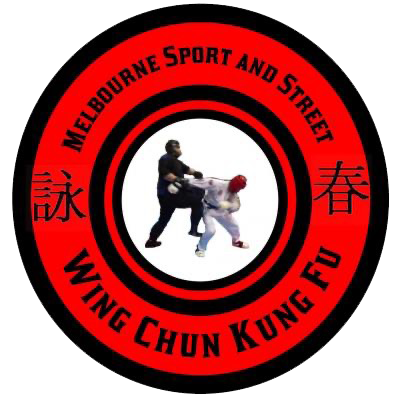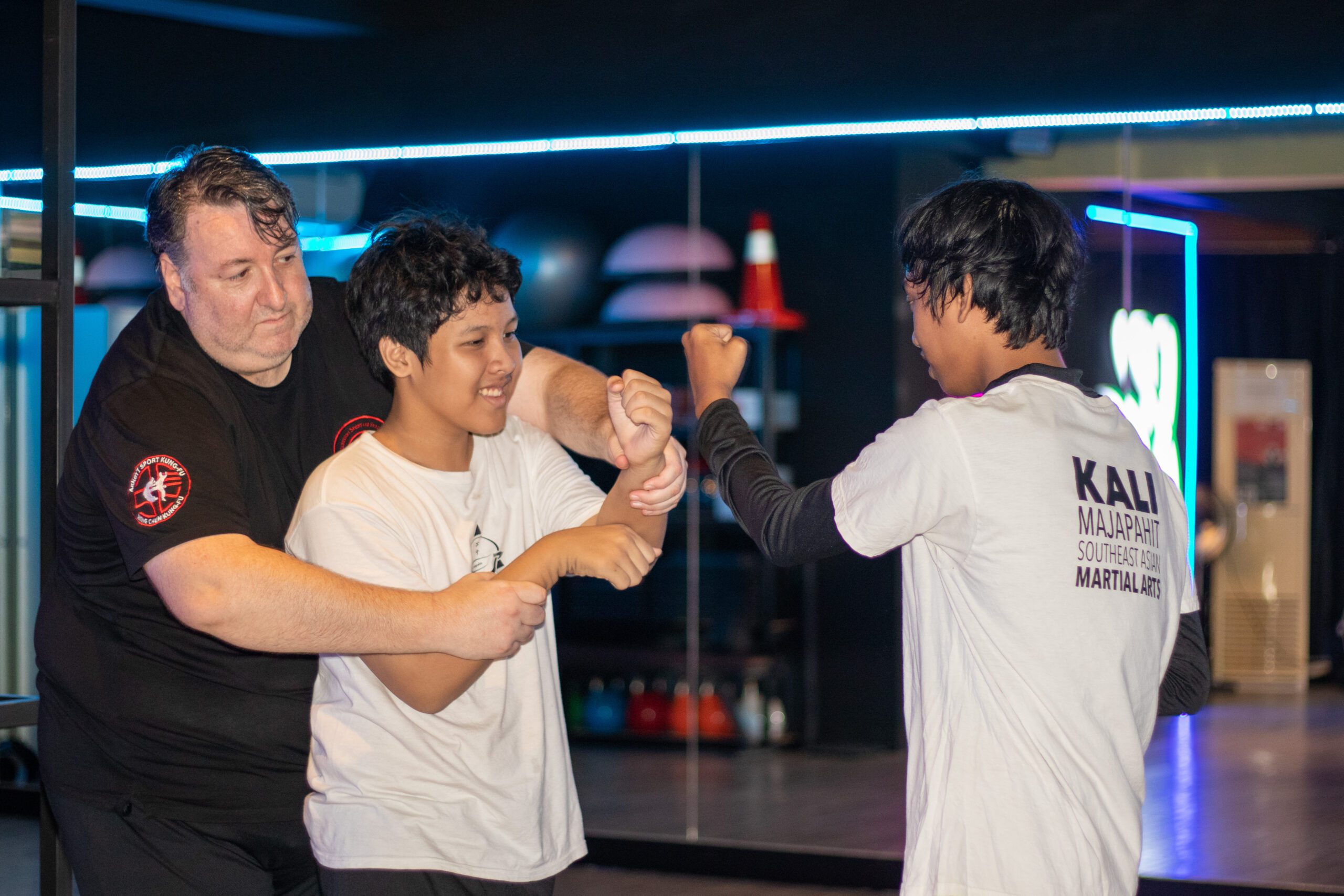Martial Arts for Anti-Bullying Programs in Schools
By Maurice Novoa a master under the Yuen Kay Shan, Ip Man and Pan Nam lineages.
Introduction:
Welcome, dear readers, to an exploration of the invaluable role martial arts, or “Fighting Styles,” can play in anti-bullying programs within our schools. As an experienced martial arts instructor, I am deeply passionate about empowering individuals with not only physical skills but also the confidence and character to stand up against bullying. In this article, we will delve into the powerful connection between martial arts and anti-bullying initiatives.
The Bullying Epidemic: Why We Need Solutions

Understanding the Impact
Bullying remains a pervasive issue in schools, with profound consequences for victims. It can lead to physical and emotional trauma, lower self-esteem, and a negative impact on a student’s academic performance and overall well-being.
The Need for Action
Schools play a vital role in addressing bullying, and anti-bullying programs are at the forefront of this effort. These programs aim to create safe environments for students, promote empathy, and provide tools to combat bullying effectively.
The Martial Arts Approach
1. Building Confidence and Self-Esteem
One of the most significant benefits martial arts bring to anti-bullying programs is the development of self-confidence and self-esteem. Through training, students learn to believe in themselves and their abilities, making them less likely targets for bullies.
2. Developing Assertiveness and Communication Skills
Martial arts training instills assertiveness and effective communication. This enables students to express themselves clearly and confidently, deterring potential bullies who often thrive on their victim’s inability to stand up for themselves.
3. Teaching Conflict Resolution
Martial arts emphasize conflict resolution through non-violent means. Students are taught to manage conflicts peacefully, which can be a powerful tool in preventing bullying situations from escalating.
4. Fostering Empathy and Respect
Empathy and respect are fundamental principles in martial arts. Practitioners are encouraged to understand and respect one another, creating a culture of inclusivity. This can have a ripple effect on how students interact in and out of the school environment.
The Role of Wing Chun in Anti-Bullying Programs
Wing Chun, a highly effective and efficient martial art, is particularly well-suited for anti-bullying programs. Here’s why:
1. Practical Self-Defense Techniques
Wing Chun focuses on practical self-defense techniques that are easy to learn and apply, making it an excellent choice for students who need effective tools to protect themselves.
2. Close Quarters Combat
Wing Chun excels in close-quarters combat, an area where many bullying incidents occur. By teaching how to manage these situations, it empowers students to handle bullying effectively.
3. Empowering Through Skill
Learning Wing Chun empowers students through the mastery of a martial art. This newfound skill can dramatically boost a student’s self-confidence.
4. Psychological Strength
Wing Chun places significant emphasis on the psychological aspect of combat, equipping students with mental resilience, which can be invaluable in anti-bullying efforts.
Successful Anti-Bullying Programs with Martial Arts
1. Collaborative Efforts
The most successful anti-bullying programs often involve collaboration between schools and local martial arts dojos. These partnerships allow students to benefit from the expertise of experienced instructors.
2. Inclusion in the Curriculum
Some schools have successfully integrated martial arts into their regular curriculum. This approach ensures that all students have access to the valuable skills and confidence that martial arts training offers.
3. Dedicated Anti-Bullying Classes
Many martial arts dojos offer specialized anti-bullying classes. These classes are designed to address the specific needs of students who have encountered or are at risk of encountering bullying situations.
The Lasting Impact
The impact of martial arts in anti-bullying programs goes beyond the prevention of bullying incidents:
1. Improved School Environment
Martial arts foster a positive, respectful, and inclusive atmosphere within schools, creating a safer and more harmonious learning environment.
2. Life-Long Skills
The skills and values learned through martial arts extend far beyond the school years. Students carry these life-long benefits into their adult lives, positively affecting their personal and professional interactions.
Conclusion: Empowering Students Against Bullying

Martial arts, especially Wing Chun, offer invaluable tools and qualities for students to combat bullying effectively. By nurturing confidence, communication skills, conflict resolution, empathy, and respect, martial arts dojos can be powerful allies in the fight against bullying.
Through collaborative efforts, inclusion in school curricula, and dedicated anti-bullying classes, we can create a safer and more nurturing school environment. The impact of these initiatives will be felt not only during a student’s school years but throughout their lifetime, empowering them to stand against bullying in all its forms.
So, whether it’s a strong Wing Chun stance or the ability to communicate assertively, martial arts have the power to equip our students to say no to bullying and yes to a future free from fear.
Join us on this journey, and let’s stand together against bullying, one confident and empowered student at a time.

